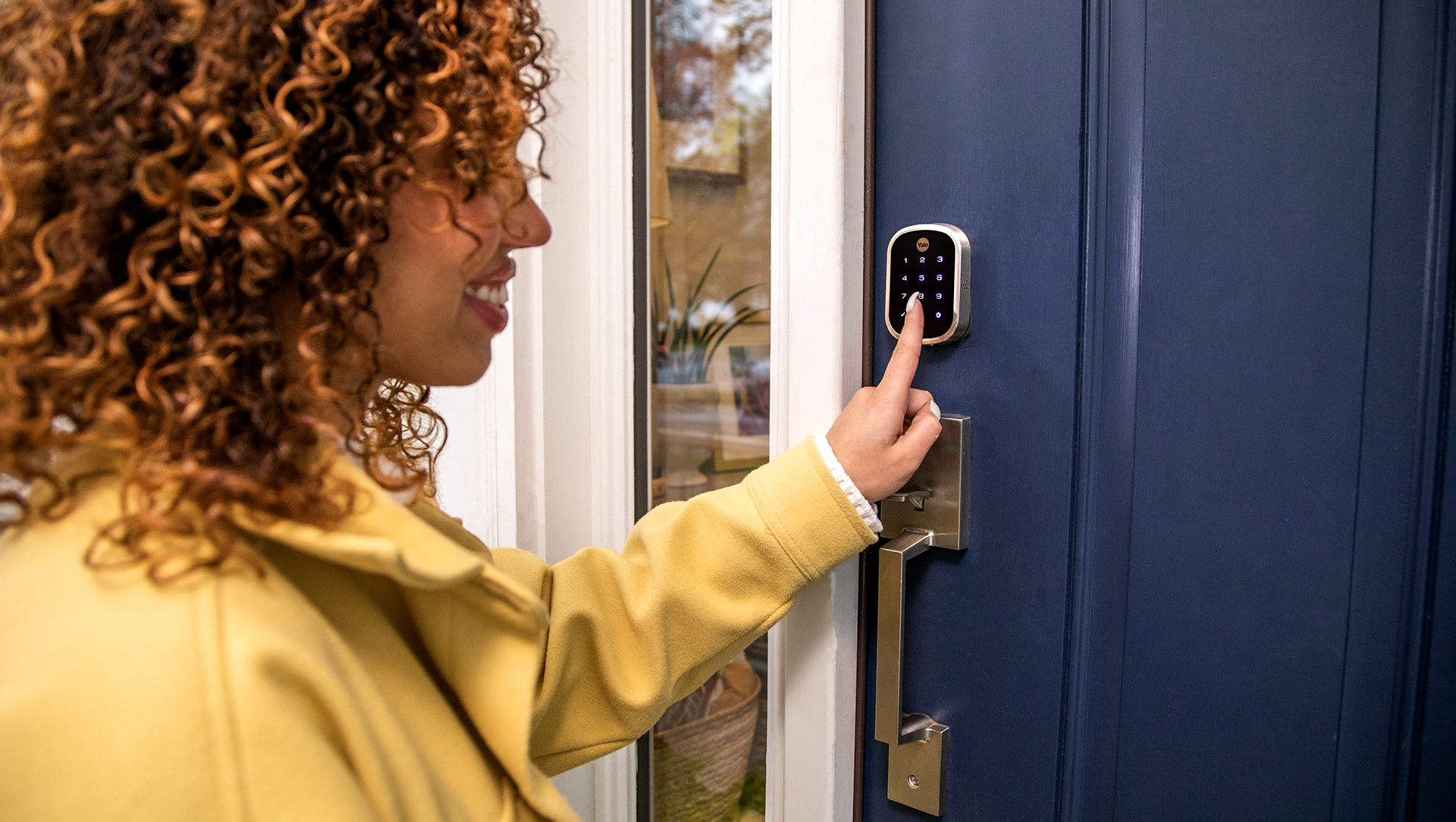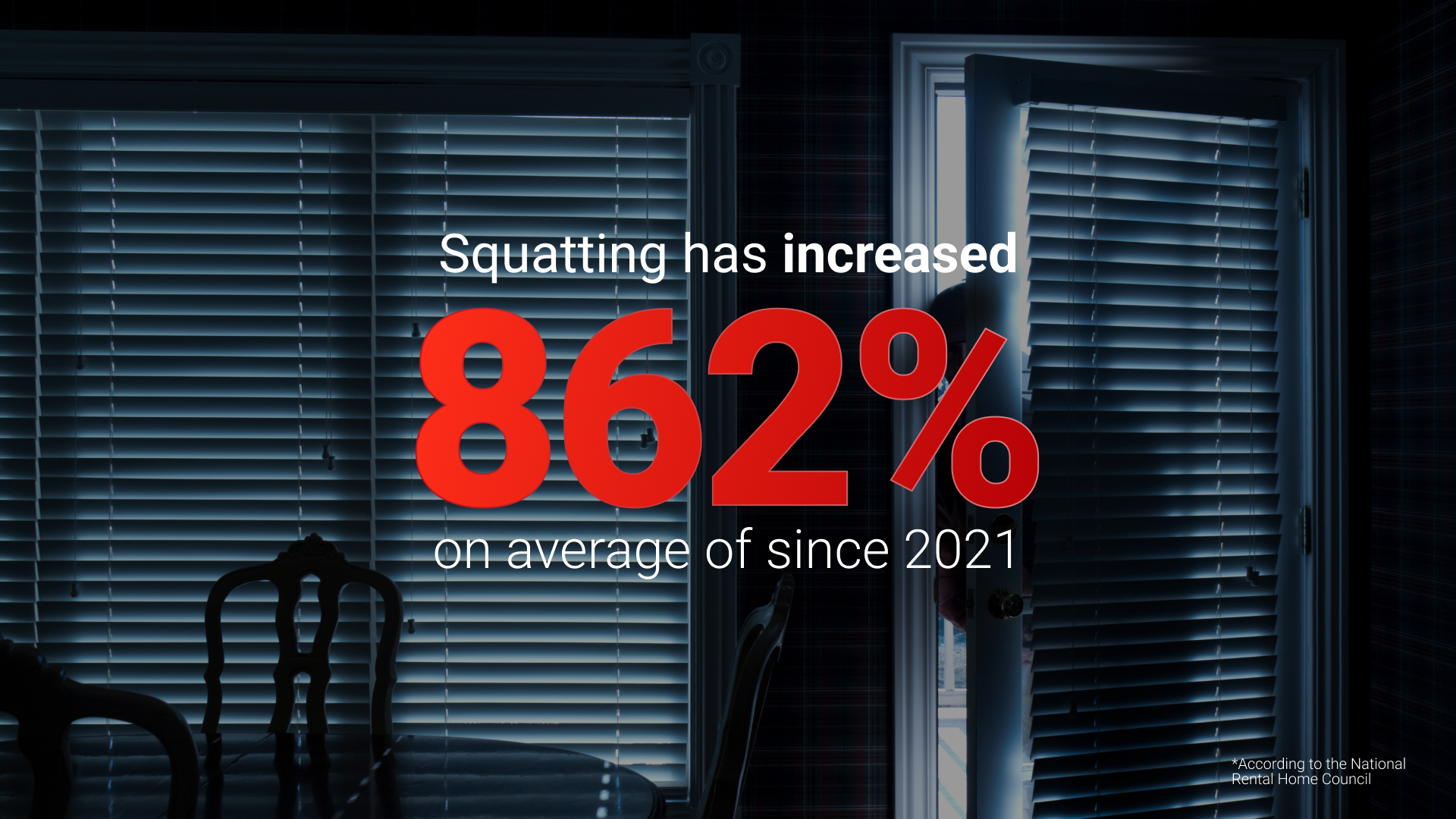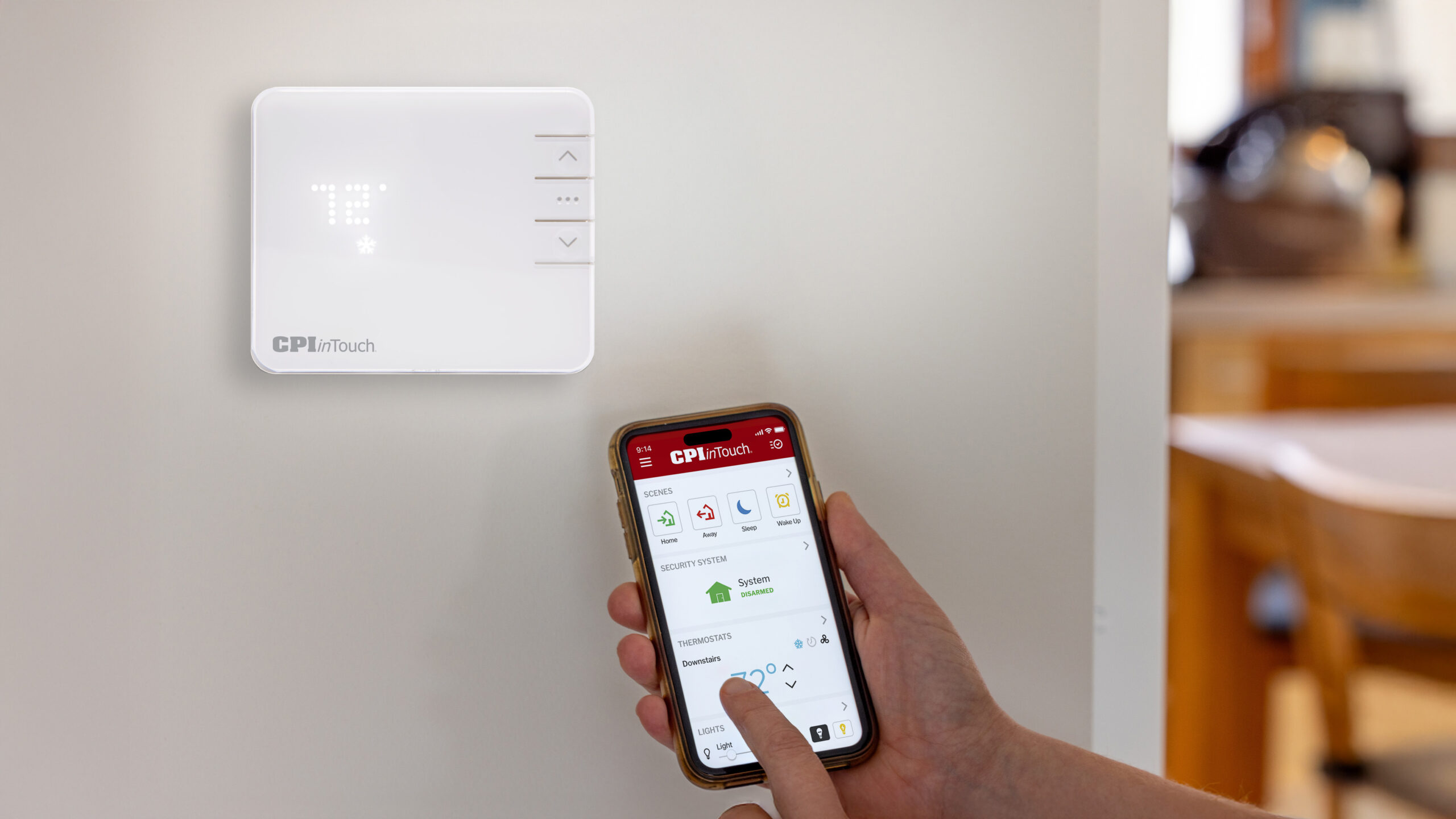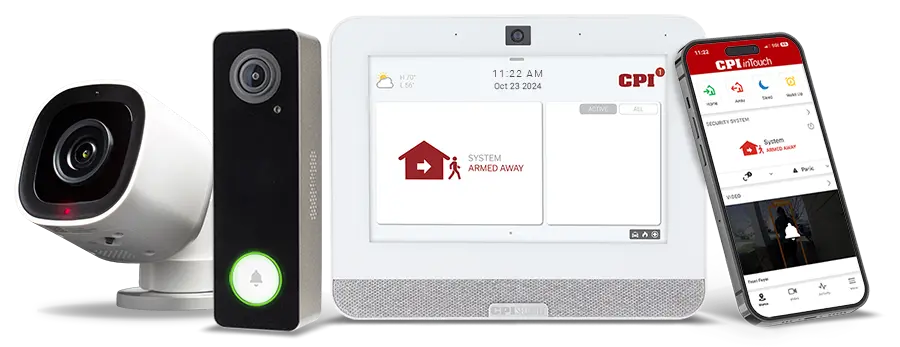It’s that awkward time of the year in the Southeast, when it may be below freezing in the morning, then warm during the day, and just as the sun drops, it’s back to blistering cold. Just like you may be struggling to keep up with the ever-changing temperatures, your CPI Security devices may be affected by the fluctuating hot and cold temps.
But there’s no need to worry about going unprotected when cold weather comes about. Most hardwired products won’t be affected by cooler temperatures. And even battery-operated devices work just fine in the cold. Ensuring they stay operating well is as simple as changing the batteries. This blog will tell you how to put fresh batteries in CPI Security devices that may be affected by the cold.
How Cold Weather Can Affect CPI Security Battery-Operated Devices
Some CPI Security devices are battery-operated, like the CPI Smart Door Lock or Window and Door Sensors. These battery-operated devices will work fine when temperatures drop, but if you notice any quirks, it may be because the batteries need to be changed.
If your battery-operated device is already nearing a low battery and the temperature drops significantly, it could further drain the battery. It’s best to change the device’s battery as soon as possible, so you don’t have any service disruption.
The good news is changing the batteries on your CPI devices is very simple. Below is a list of videos that explain how to change the batteries in products that may be affected by cold weather.
Changing the Batteries in Your CPI Smart Door Lock
*The Smart Door Lock requires 4-AA batteries, regardless of the type of panel you have.
How to Change the Batteries in Your Yale Door Lock
How to Change the Batteries in Your Kwikset Lock:
SmartHub Panel
Battery Needed: 1-3V CR2032
How to Change the Batteries in Your SmartHub Window/Door Contact:
E3 Panel
Batteries Needed: 2-3V CR2032
How to Change the Batteries in Your E3 Window Contact:
How to Change the Batteries in Your E3 Door Contact:
R2 Panel
Battery Needed: 1-3.6V Lithium
How to Change the Batteries in Your R2 Wireless Window Contact:
How to Change the Batteries in your R2 Door Contact:
CPI Security Cameras and Operating Temperatures
All CPI Security cameras are hardwired, not battery-operated. So you never have to worry about changing the batteries to keep your cameras in working order. Still, you may wonder how your cameras will operate in cold or even hot weather.
CPI Security’s Outdoor Camera Featuring Perimeter Alert
CPI Security’s outdoor camera can, on average, operate in temperatures between -4 to 122 degrees Fahrenheit. The outdoor camera also has a weather ingress protection rating of IP66, meaning the camera is dust tight and protected against powerful jetting water. So, no need to worry about your outdoor camera being hit with rain!
CPI Security’s Video Doorbell Pro and Operating Temperatures
CPI Security’s Video Doorbell Pro can operate, on average, in temperatures ranging from -22 degrees to 104 degrees Fahrenheit. It also has an ingress protection rating of IP66.
CPI Security’s Indoor Camera
Though you don’t have to worry about your indoor camera being affected by the weather, it still has an average operating temperature of 32 to 104 degrees Fahrenheit and is protected from dust. Unless you like your house extremely cold or hot, you shouldn’t worry about the temperature affecting your indoor camera!
Of course, plenty of other weather-related scenarios could throw your CPI Security System out of whack. For example, if there’s a power outage, you may see an “A/C Power Failure Trouble” condition appear on your CPI panel, and you’ll be alerted through a series of beeps. Check out our blog article, Your CPI Panel: What to Do During a Power Outage, to find out how to reset your system after a power outage.
Want to know more about how your CPI Security cameras operate in the weather? Read through our blog, “Are Outdoor Security Cameras Weatherproof in 2022?” for more information.
If you still have questions, visit our FAQ page or contact our customer support team.




